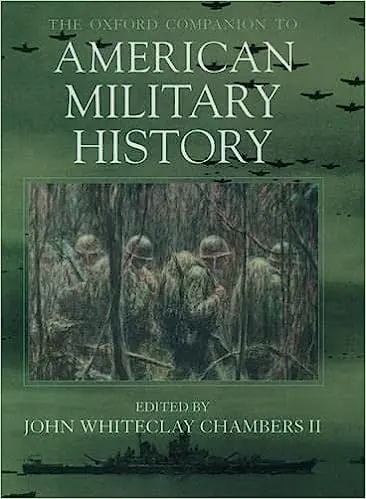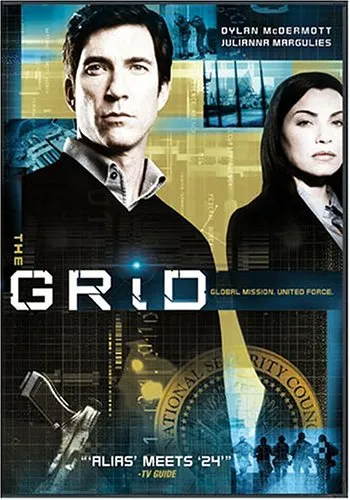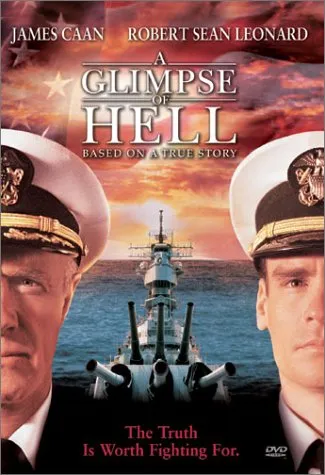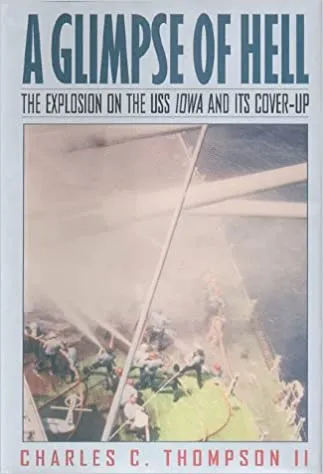VENICE PAPERS
Turning strategy making to a new page
The 1989 end of the Cold War turned a new page for the world. Still on active duty in the Pentagon, I was invited to meet in Venice with Mikhail Gorbachev and a group that had helped turn that page. The Venice meeting led to my next ten years of work. Traveling the world in partnership with UNESCO’s Director-General and many local citizen leaders, I explored the outlines of a new strategies for peacebuilding and conflict prevention. These three Venice Papers distill those still-relevant ideas.
ARTICLES
MAKING AMERICAN NAVAL STRATEGY (Essay)
This important essay summarizes the American way of making and using a Navy. Written at the turn of the Century as foundation for the next generation thinking needed in our post-Cold War world, I’d hoped it would catalyze a new era for fresh thing. While the principles and perspectives are still valid, the renaissance in strategy I’d hoped to see has not yet sprouted.
COMMENTARY
MOST RECENT
PeaceGames & Practical Conflict Prevention
This article sketches the origins of the program, describes the PeaceGames, and invites interested people and organizations to participate in this pioneering work. 1999 The Strategy Group, working in harness with UNESCO's "Venice Process", designs and demonstrates...
Making American Naval Strategy
The Oxford Companion to American Military History, Oxford University Press, 1999 An essay on the history of U.S. naval strategy in The Oxford Companion to American Military History, Oxford University Press, 1999 On the surface, Alfred T. Mahan embodies American...
Disappearing Saddam
1997 Not understanding at that time that op-ed page editors needed contributions limited to 750 words or so, I failed to find a publisher for this one. But as the wreckage in Iraq unfolds, I still believe this was good advice. Copyright Larry Seaquist, 1997 It looks...
Defense Intelligence in a Disorderly World
This article was invited by the editors to be the keynote essay in the inaugural issue of a brand new professional journal published by the Defense Intelligence College Foundation. At that time I had been working for several years as the assistant to the Deputy Under...
The Botched Iowa Probe
Published in the prestigious Sunday Outlook section of The Washington Post, this op-ed explores the failures of accountability in the aftermath of the tragic 1989 explosion in Turret Two of Battleship Iowa. Accountability throughout our society remains one of my...
Subscribe
VIDEO & FILM
COMMANDING A BATTLEHSHIP
Follow along as naval historiographer Drachinifel interviews Captain Larry on what it’s like to actually command a battleship.
THE ESSENCE OF COMMAND
Follow-up intervierw by naval historiographer Drachinifel interviewing Captain Larry on a variety of subjects including some interesting and amusing facts about the Iowa class battleships.
GRID
THE GRID—ALL SIDES OF BOTH SIDES IN THE WAR ON TERROR
“…it is impossible to ignore how ground-breaking this show is: It is the entertainment industry’s first unvarnished look at the clash of Western civilization and Islamist terrorism.” Weekly Standard
“…a fast-paced thriller for grown-ups.” New York Times
Larry is the technical advisor to the limited series, THE GRID. THE GRID (Part 1) aired in the U.S. in the summer of 2004. Co-produced by BBC, TNT, and Fox Studios, THE GRID aired in the United Kingdom and parts of Europe in Fall, 2004, and is now being released in other international markets. GRID II is in preparation.
Showing “all sides of both sides”—the worlds of extremist Islamist terrorists and the worlds of the international counter-terrorist teams who oppose them—THE GRID has been praised for its gripping, totally authentic portrait of the lives of terrorists, moderate Muslims, and counter-terror officials. GRID I depicted the struggle of American and British intelligence to track down a new, al Qaeda spin-off cell. GRID II will explore nuclear terrorism.
Working closely with Executive Producer Tracey Alexander, Larry provided the real-world research which she and the writing team translated into fictional but wholly realistic portraits of the evolving war against terrorist violence and its roots.
A glimpse of hell
A GLIMPSE OF HELL—AN (UNNECESSARY) AMERICAN TRAGEDY
Written by 60 Minutes producer Charlie Thompson and published by W.W. Norton, A Glimpse of Hell was turned into a TV movie by Executive Producer Tracey Alexander, starring James Caan and Robert Sean Leonard. Larry worked with Charlie Thompson during the writing of the book. Later invited by Ms. Alexander to become the technical advisor, Larry worked on the film from the script development and pre-production stages, was on set when the movie was shot in Halifax, Nova Scotia, and then assisted in the post-production work in Los Angeles and with marketing the movie.
A Glimpse of Hell tells the story of a double tragedy: a world-renowned ship, the pride of the fleet, her crew drawn from top-drawer volunteers from all over the Navy—and once praised by President Reagan after his visit on board as “absolutely perfect”—fallen into the worst peacetime accident in Navy’s history.
Larry remains deeply concerned about the lack of a just closure to the Iowa “case”: The Navy’s failure to acknowledge its grievous mismanagement of the accident investigations has permanently damaged public confidence in the integrity of Navy’s leadership. Worse, Navy’s failure to do the right thing by the families of the Iowa 47 continues to inflict a cruel and unnecessary injustice both on these fine American families who have lost their beloved son, husband, father, and to tarnish the patriotic service of the thousands of outstanding men who served proudly in Battleship IOWA. Larry remains confident that, one day, a generation of Navy leaders will decide to right this horrific wrong by apologizing to the families, acknowledging the investigatory errors, and celebrating the crew’s many accomplishments.








